The brightest light shines forth through the greatest
darkness when angels enter the abyss, braving the gates of Hell, and risking the inhuman barbarity
of its minions, to aid strangers in dire need.
Mankind’s inhumanity to man is a staple theme of literature,
but one need look no further than history to find countless examples of obscene
barbarity perpetrated by perverted, power-drunk thugs against innocent men,
women, and children. From before the Spanish Inquisition to long after the Nazis,
mankind has been all too willing to demonstrate its capacity for inhumanity.
Some might call it social Darwinism – that it is somehow natural for the strong to purge the weak
from society, but in truth, it is little more than abject bullying turned into
an art form of the highest order by an aberrant minority with delusions of
grandeur.
Today, it is ISIS – the flavor of the month Islamic
terrorist group, redefining terror by harkening back to the barbarity of the
Nazis and Inquisitors – shooting children, beheading men, setting men afire and
filming them as they burn to death, and wiping out entire villages of people.
Against the backdrop of such barbarity, the light of Kayla Jean Mueller shines
brightly. The 26-year- old American aid worker, held hostage by ISIS since
August 2013 until her death last month, was working at a hospital in
Aleppo, Syria when she was kidnapped. She had been working with the
humanitarian group Support to Life, helping victims in the war-torn nation.
After graduating from college, Kayla worked at an orphanage in India, and at an
HIV/AIDS clinic in the US.
“In how she lived her life, she epitomized all that is good
in our world,” President Barack Obama said of Kayla. She had written: “I have
been shown in darkness, light and have learned that even in prison, one can be
free. I am grateful. I have come to see that there is good in every situation,
sometimes we just have to look for it.” There is good even amidst the depths of
evil and its light will shine through the darkest abyss.
Andrée de Jongh was only 24 years old in 1940 when the Nazis
invaded and conquered Belgium as part of their Blitzkrieg. For more than four
years, the Germans shot down Allied bombers flying over Belgium. The pilots who
survived landed in occupied enemy territory, often wounded and in need of food,
civilian clothing, and shelter from the Germans. Andrée set up the Comet escape
line – an underground railroad stretching more than 1,000 miles through
occupied Belgium and France, and free Spain to transport those downed pilots
back to England under the eyes of the Nazi regime. Andrée personally escorted
118 of the 418 Allied airmen across occupied territory to safety. The work was
so dangerous that she warned new recruits they should expect to be captured or
killed by the Nazis within six months. Andrée was captured while escorting a
soldier over the Pyrenees mountains that separated occupied France from free
Spain, and sent to a concentration camp. She was liberated from the camp at the
war’s end and went on to work in leper hospitals in the Belgian Congo and
Ethiopia. She had been a nurse before the war and spent her life helping
strangers. She died in Brussels, at age 90, in 2007.
Like a blazing comet, Andrée de Jongh’s light illuminated
the darkness, in this case, that of the souls of some of her fellow men. Her
inspiration had come from another luminary – Edith Cavell, a British nurse shot
by a German firing squad in 1915, a year before Andrée was born, for helping
nearly 200 Allied soldiers escape from Belgium during WWI. Edith Cavell will be featured on a UK commemorative
£5 coin to be issued by the Royal Mint later this year, proving that although the darkness claimed her life, it did not extinguish her light, which shines brightly a century later.

























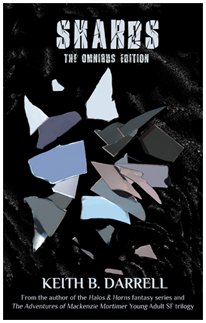


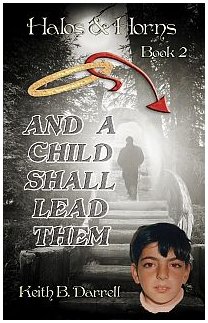







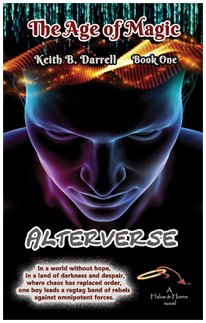



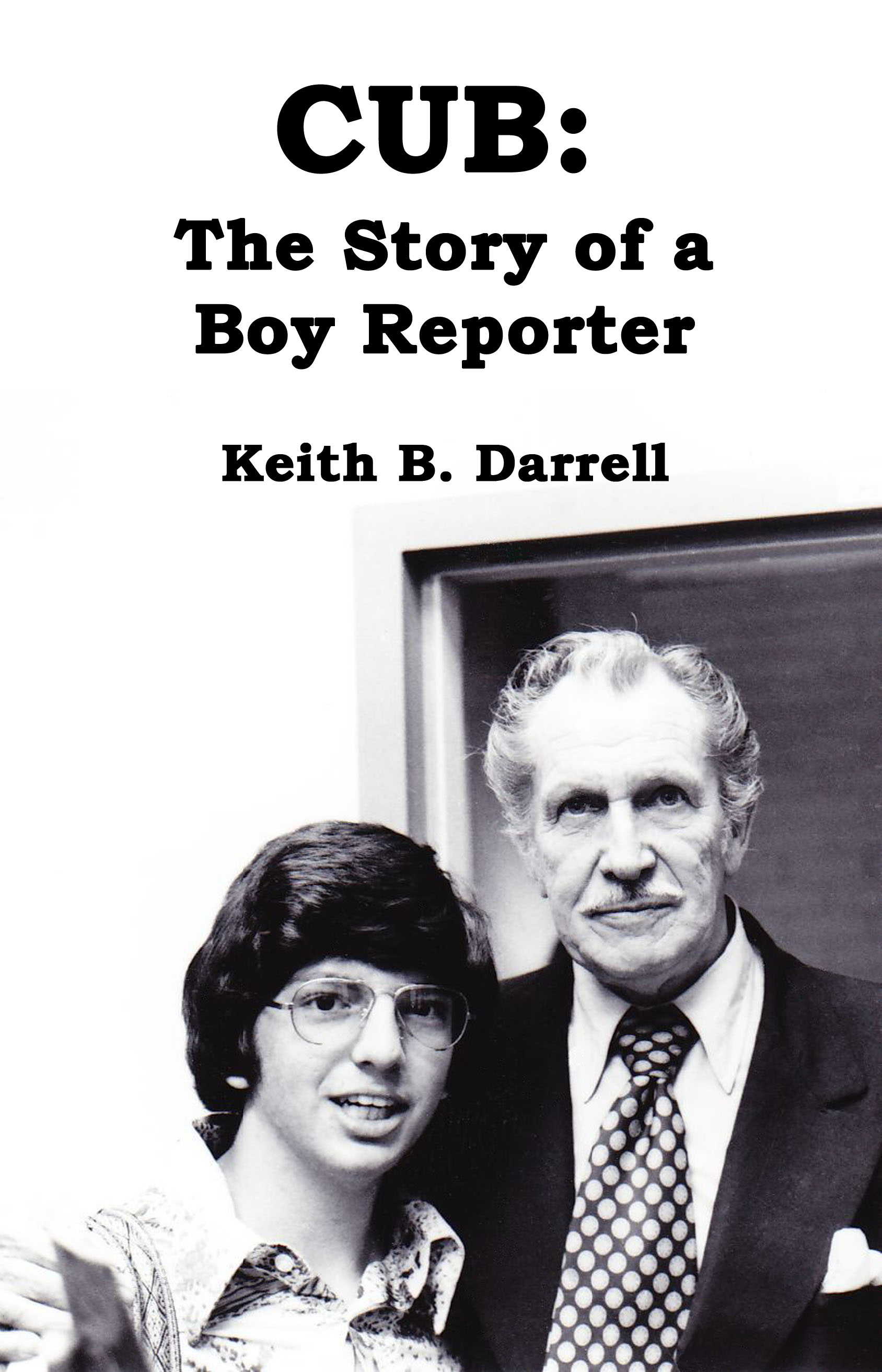


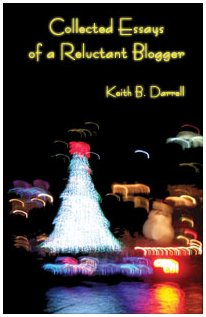



No comments:
Post a Comment